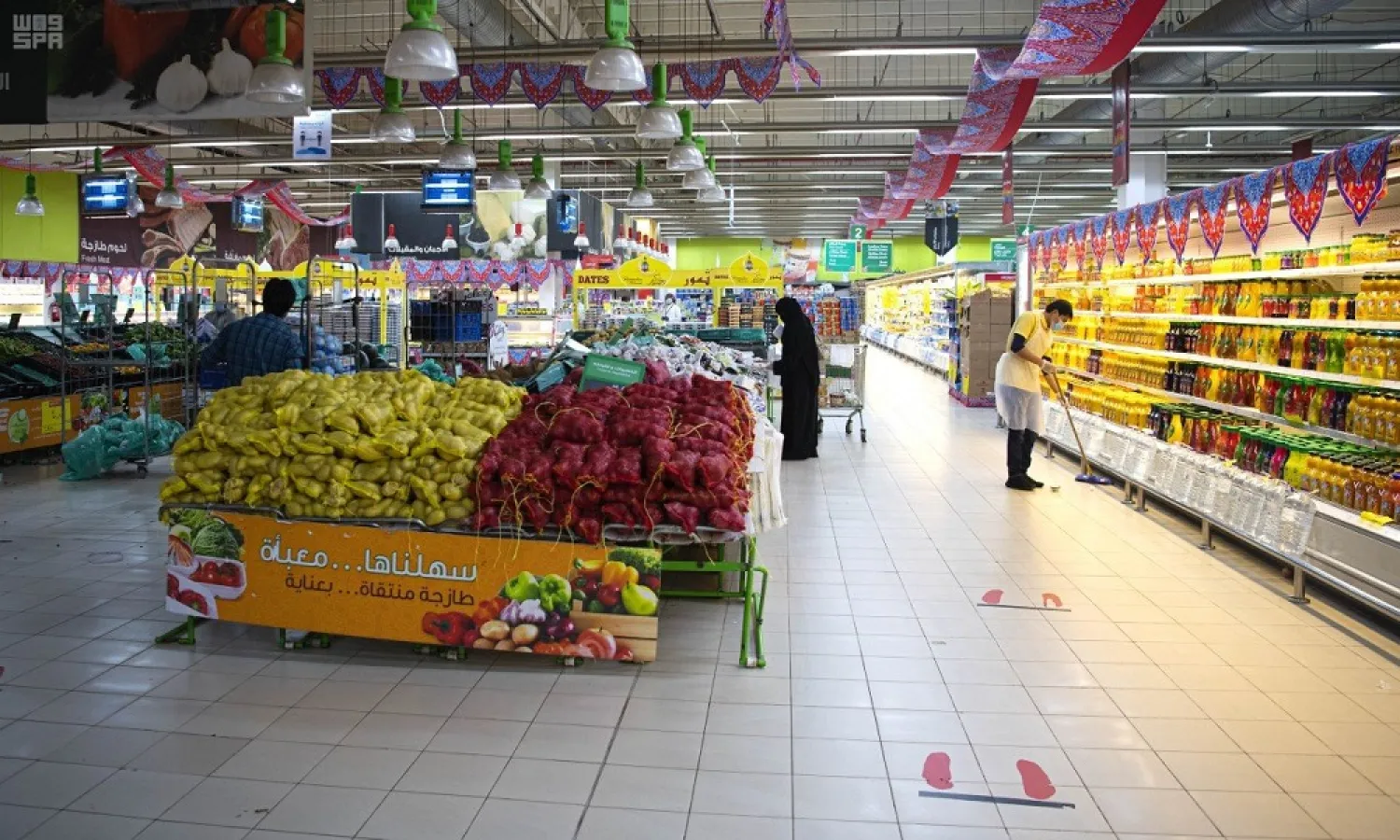Saudi Arabia announced on Monday that there are sufficient stocks of essential goods and food supplies to meet the market demand amid the coronavirus outbreak.
During a press conference, Dr. Abdullah Aba Al-Khail, spokesman for the Ministry of Environment, Water and Agriculture, said that all food production operations are continuing smoothly with sufficient strategic storage of basic commodities.
“The Kingdom has achieved high levels of sufficiency in many agricultural products. These include 60 percent of self-sufficiency in poultry, with production of one million tons annually, 60 percent in vegetables, with local production of about 180,000 tons per month, 109 percent in milk and dairy products, which is more than 7.5 million liters per day, and 55 percent in seafood products,” Aba Al-Khail said.
The ministry is working to meet the market’s needs such as wheat and flour, he added. The Saudi Grains Organization has stocks of up to two million bags of grains ready for distribution upon request, in addition to the daily production of flour, amounting to 15,000 tons, which completely covers the need of the local market.
More than 1.2 million tons of imported wheat will arrive before the end of July, which will be added to the strategic stocks of over one million tons.
The Kingdom has achieved 30 percent self-sufficiency in regards to red meat and the ministry has expanded import options that have reached 29 countries to date, with an average of six million heads of livestock annually.









